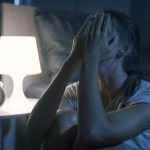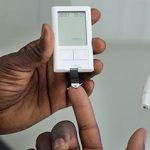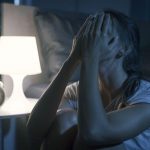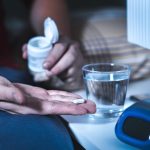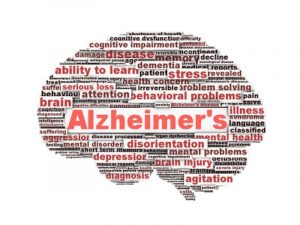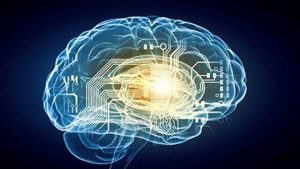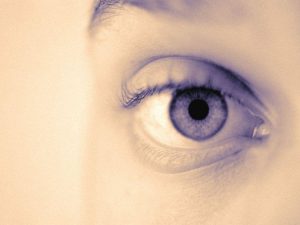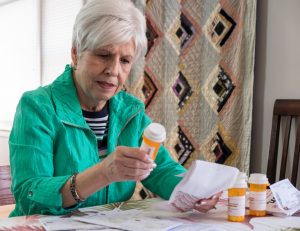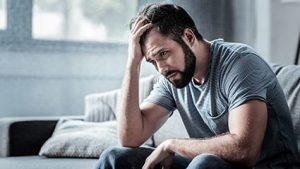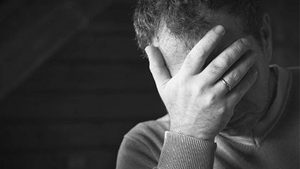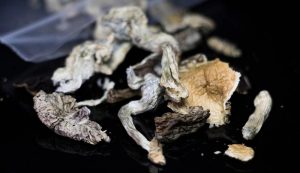
New moms who live on tree-lined streets may be somewhat less vulnerable to postpartum depression, according to a new study — the latest to link “green space” to better mental health. The study, of medical records from more than 415,000 new mothers, found that those living in urban areas with more tree coverage had a lower risk of being diagnosed with postpartum depression, versus women from less-green neighborhoods. The link was not explained by factors like household income, or mothers’ race or education level. Experts said the findings do not prove that living among trees lowers the likelihood of postpartum depression. But they do add to a body of research suggesting that having green space within sight is a boon for people’s mental well-being. The study also points to one reason: physical activity. It’s a lot easier to go out for a walk when you live in a tree-lined neighborhood, with its built-in shade and better air quality. And for new mothers, that may be especially important, said senior researcher Jun Wu, a professor at the University of California, Irvine. They have little time and are likely exhausted, Wu said, and getting to the park, especially if they have to drive, might be out of the question. Stepping outside into the fresh air and shade is much more doable, she suggested. Kathleen Wolf is a… read on > read on >










